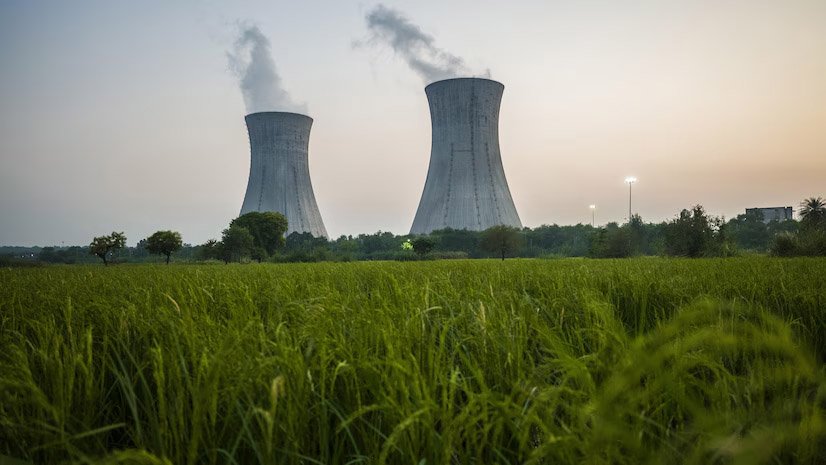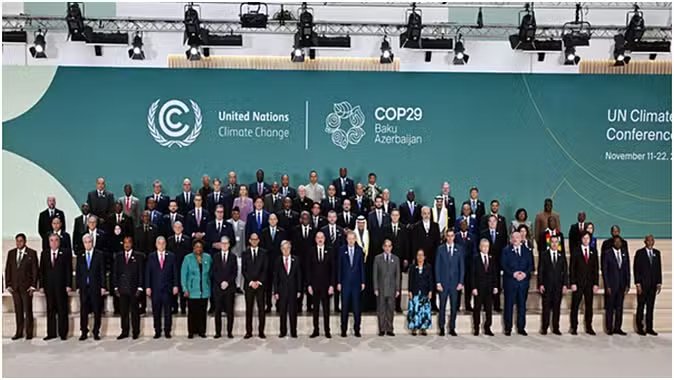NEW DELHI, Dec 20: As India experiences rapid economic growth, the need to
decouple carbon emissions from economic expansion by leveraging technology has become increasingly urgent, according to Hisham Mundol, the Chief Advisor for the Environmental Defense Fund (EDF) in India.
In an interview with PTI, Mundol stressed the transformative role technological innovation can play in achieving sustainable development while addressing the challenges posed by climate change.
India, the world’s fifth-largest economy, is currently undergoing a period of swift industrialisation and economic expansion.
Its Gross Domestic Product (GDP) has consistently grown at rates that position it as one of the fastest-growing major economies. However, this rapid progress comes with a surge in energy demand, predominantly fuelled by coal and other fossil fuels.
Although India’s historical contribution to global carbon emissions remains modest — at just 4 per cent — its future emissions trajectory is under global scrutiny.
With the country’s population surpassing 1.4 billion and urbanisation accelerating, balancing economic aspirations with environmental responsibility has become a critical challenge.
“India needs to grow. That is non-negotiable, and we are probably going to end up doubling our economy every 10 years,” Mundol said. “There’s a real risk that we will end up doubling emissions. One way that these emissions can be decoupled is through technology.”
Mundol highlighted what he termed a “green bonus” for India. With its low historical emissions, India is uniquely positioned to leapfrog traditional carbon-intensive pathways by adopting green technologies early in its development.
He noted that responsible and sustainable practices could not only mitigate climate risks but also create economic advantages, fostering innovation and driving competitiveness in global markets.
While Mundol lauded the potential of climate technologies, he cautioned against the risks of over-dependence on external innovations. “Climate technology is becoming increasingly weaponised,” he warned.
He expressed concerns that a shift from fossil fuel dependency to reliance on monopolised climate technologies could leave developing countries like India vulnerable to geopolitical pressures and supply chain disruptions.
To mitigate these risks, Mundol advocated self-reliance and investment in domestic capabilities, urging India to build robust technological ecosystems that are insulated from international monopolies.
Mundol also addressed the contentious issue of climate finance, a major sticking point in global climate negotiations. At COP29 in Baku, developing countries, including India, voiced frustration over insufficient and ambiguous commitments from wealthier nations.
“The finance side was disappointing, with commitments spread out over a long period and couched in diplomatic language that allows for multiple interpretations,” Mundol said.
He criticised the preference to loans and investments over grants, arguing that these mechanisms are unsuitable for the needs of developing countries striving for sustainable growth.
Mundol emphasised the importance of concessional finance — low-interest or no-interest funding with minimal bureaucratic hurdles — as essential for enabling communities and businesses to transition effectively to low-carbon models.
He further said that India’s transition to a low-carbon economy must be equitable, inclusive, and driven by technological innovation, ensuring that the country remains a beacon of sustainable development in a rapidly warming world. (PTI)












